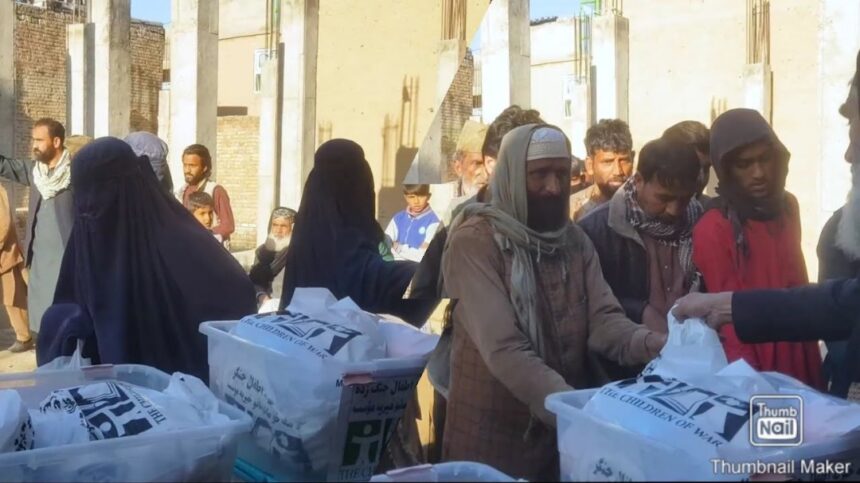RASC News Agency: The United Nations Office for the Coordination of Humanitarian Affairs (OCHA) has reported in its January 2025 assessment that systematic Taliban interference and access-related restrictions led to the suspension of 56 humanitarian projects across Afghanistan. These suspensions ranged from 1 to 30 days, with nearly half of the affected initiatives still remaining inactive. According to OCHA, these disruptions have severely impeded the delivery of critical aid to vulnerable populations. The report cites Taliban-imposed restrictions on humanitarian operations, physical threats, violence against aid workers, and obstructions affecting humanitarian assets and facilities as the primary reasons for project suspensions.
The report further states that direct Taliban intervention in aid activities was the leading cause of access restrictions throughout January 2025. During this period, 87 separate incidents related to Taliban-imposed constraints were documented. However, this figure represents a 14% decrease compared to the 136 cases recorded in December 2024. OCHA outlined the various forms of Taliban interference in humanitarian efforts, which included: 40 instances of obstruction in program implementation, 25 demands for staff lists and sensitive personnel data, 13 restrictions on women’s participation in aid distribution, 1 case of interference in beneficiary selection, 1 documented obstruction in procurement processes.
The report underscores the growing operational challenges faced by humanitarian organizations in Afghanistan, warning that continued Taliban-imposed restrictions threaten the delivery of life-saving assistance to millions in need.






